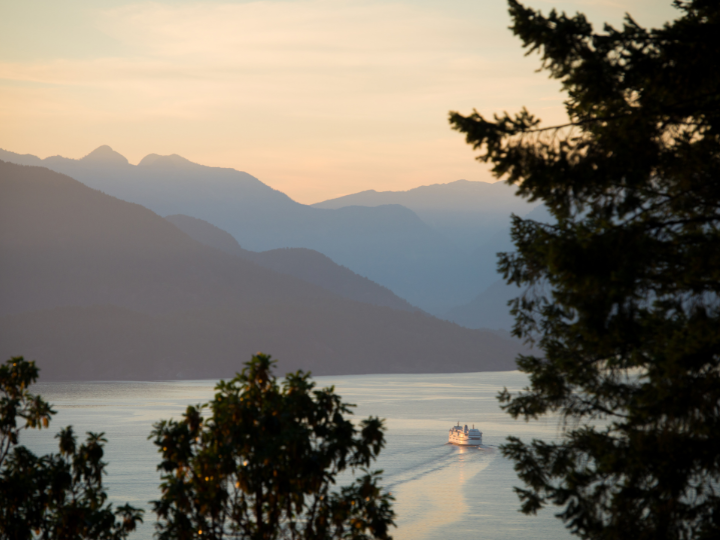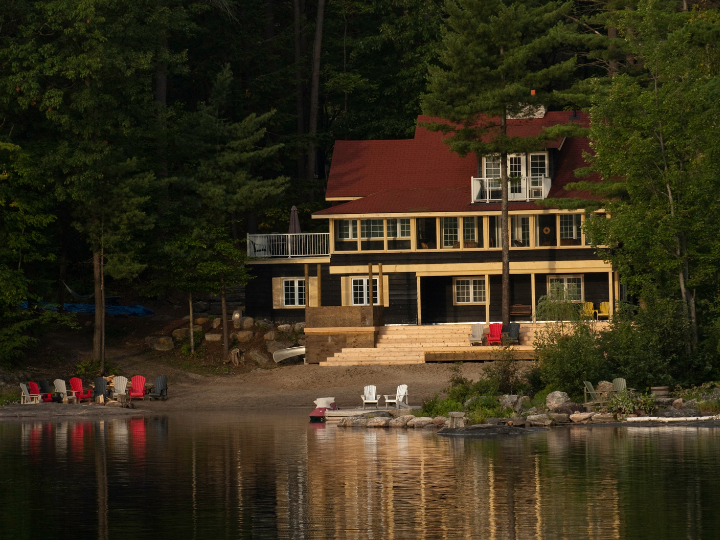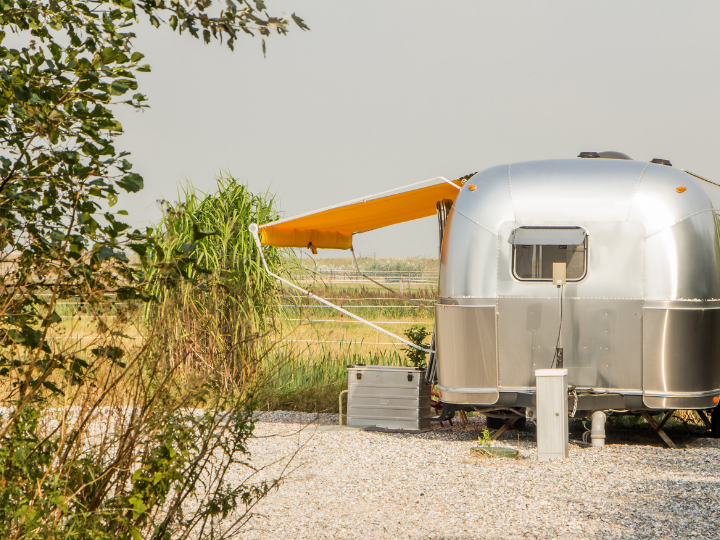Water damage: something that every homeowner dreads. But is it covered by your insurance? You may already know that you need separate flood insurance, but what about other kinds of damage? Here are the five (most common) coverages:
Water Damage Coverage
Regular water damage coverage, in this context, protects you from rain, burst piles, or frozen pipes. Every year, about 1 in 50 homeowners will file a claim related to these issues. Other common coverages include:
- Leaks from plumbing or an appliance
- Burst pipes, including freezing (if you heated your home)
- Water damage caused by putting out a fire
- Water damage from a roof leak
- Water damage from heavy rainfall or hail
- Ice dams (provided they were not caused by lack of maintenance.)
In most cases, for water damage to be covered by your insurance, it mustn’t have been caused by an intentional act or by improperly maintaining your home. For example, leaks resulting from a swimming pool on your property will not be covered and will instead require special insurance.
Sewer Backup Coverage
Sewer backups are a special problem because water that’s coming in through the out pipe may include black water (which contains human waste and is considered a significant health hazard). It often smells, damages your furniture and is very expensive to dry out. Many homeowners’ policies do not cover sewer backups, and many first-time homeowners are not aware of this.
A sewer backup can result in the replacement of carpets, trim, drywall, wood flooring and other household materials that absorb water, not to mention mold, making it a costly repair. You may also need to live elsewhere until the restoration work is done. Reduce your risk of sewer backup by not flushing anything down the toilet other than waste and toilet paper (including flushable wipes) or pouring cooking grease down a drain/ into your garbage disposal.
If your insurance does not cover sewer backups, consider adding a rider. This will help to protect you from increased issues such as:
- A grown tree in the sewer main; causing a backup and sewer damage to several houses on your street.
- A flushed toy or large object in the toilet plumbing, causing an overflow in your bathroom.
Overland Water Coverage
Overland water coverage (or overland flood insurance) covers damage from any freshwater source. Overland water coverage in Ontario is recommended because our geography includes spring snowmelt runoff into streams, most of which have little-to-no storage capacity. Consider getting overland water coverage for your home and property. Storm damage may also fall under both regular water damage and overland, and if you don’t have the latter, your insurance company may argue that the damage was caused by overland flooding rather than direct rainfall. In extreme cases, communities in Ontario have been destroyed by rapid flooding created by ice jams in the spring. Overland water coverage, however, does not cover coastal flooding.
Flood Insurance
Flood insurance is notably more expensive, but also covers storms urge and other coastal flooding issues. While this can be hard to find in Canada, a national flood insurance program is in the works.
If you live in a coastal area, then you may need full flood insurance. In Ontario, this means northern areas that adjoin Hudson Bay. Thankfully, most people in Ontario mustn’t worry about overland flooding. However, you should make sure that you are protected against flooding from the Great Lakes.
Sump Pump Failure Coverage
Traditionally, regular home insurance does not cover sump pump failure. You should always properly maintain your sump pump if you have one, and have a rider in the event of failure. A failed pump can lead to significant water damage in your basement, potentially leading to mold spreading in other areas of your home. Water that collects in your basement can warp wood and cause rot.
Make sure your sump pump meets the needs of you and your space, as a major cause of failure and water damage is inadequate systems. Insurance may not cover you if your pump was unable to perform the task being asked of it. Insurance companies will expect you to perform regular maintenance on the pump and surrounding areas.
Should your sump pump fail while you are away for an extended period of time (such as a trip or vacation) sump pump failure coverage will protect you in the event you return home to ankle deep water in your basement.
Things To Consider For First Time Home Buyers
If you are buying home insurance in Ontario for the first time, it may seem a bit overwhelming. Here’s a basic list of when you should consider each type of coverage:
- Water Damage – typically included in your policy but read carefully so you know exactly what is and is not covered.
- Sewer Backup Damage – recommended for all homeowners as sewer damage can happen at any time and potentially from a fault in the municipal line that you had no way to prevent.
- Overland Water Damage – recommended for all homeowners in Ontario as our geography is particularly vulnerable to overland flooding.
- Flood Insurance – only necessary if your home is near Hudson Bay or another source of major flooding.
- Sump Pump Failure Coverage – recommended if your home has a sump pump or if you plan on installing one.
__
It is recommended that most people in Ontario get sewer backup and overland water coverage, and for where it applies, sump pump coverage. Many of these incidents come with a high price tag, so talking with your broker to make sure your coverage is up to date is critical. To learn more about home insurance coverage or to get a quote, visit us at https://www.dulibaninsurance.com/
Sources:
https://www.forbes.com/advisor/homeowners-insurance/water-damage/
https://www.forbes.com/home-improvement/plumbing/what-to-do-sewer-backs-up/
https://www.cbc.ca/news/canada/nova-scotia/food-insurance-property-owners-canada-1.6933008












